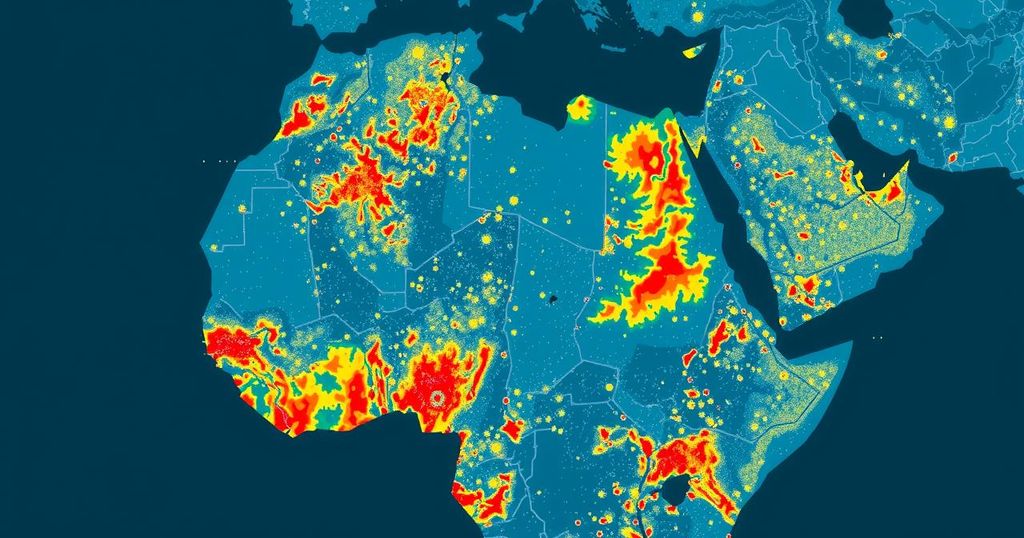The Malaria Atlas Project, supported by Fathom’s flood risk data, is investigating the impact of flooding on malaria transmission in Africa amid climate change. Funded by the Bill & Melinda Gates Foundation, this collaboration aims to enhance malaria control strategies and healthcare access in flood-prone areas by examining how changing flood patterns influence mosquito habitats and health services. The project has concluded its primary analytics phase, providing essential insights for future action.
The Malaria Atlas Project, in collaboration with global flood risk intelligence firm Fathom, is undertaking critical research on how flooding affects malaria risk across Africa, particularly in light of climate change. Funded by the Bill & Melinda Gates Foundation, Fathom provides comprehensive flood risk data for Africa, helping the project examine how flooding impacts healthcare delivery and malaria control initiatives. Utilizing Fathom’s cutting-edge analytics, the project analyzes how future flood scenarios could alter mosquito breeding habitats and influence the effectiveness of malaria interventions, such as the distribution of insecticidal bed nets. The project aims to develop a robust evidence base to inform infrastructure planning and health strategies against malaria in flood-prone regions. With initial data delivered, the primary analytics phase has concluded, yielding valuable insights that enhance understanding of the interaction between climate change, flooding, and malaria transmission. This endeavor is poised to facilitate the development of resilient plans for malaria control in the changing climate of Africa.
The urgent relationship between climate change and public health has become increasingly evident, particularly in the context of malaria, a disease that remains a significant challenge across Africa. Flooding, exacerbated by changing climate patterns, poses a heightened risk for malaria transmission due to its impact on mosquito breeding and healthcare infrastructure. The Malaria Atlas Project seeks to determine these interactions more concretely through its partnership with Fathom, employing flood risk data to enhance malaria control efforts and community safety.
In summary, the collaboration between the Malaria Atlas Project and Fathom is instrumental in elucidating the relationship between climate-induced flooding and malaria risk in Africa. Through comprehensive flood risk analytics, the project aims to inform effective health strategies and infrastructure resilience, ultimately addressing critical public health challenges exacerbated by climate change. The insights gained will play a pivotal role in shaping future malaria prevention efforts in vulnerable regions of the continent.
Original Source: www.africa.com






